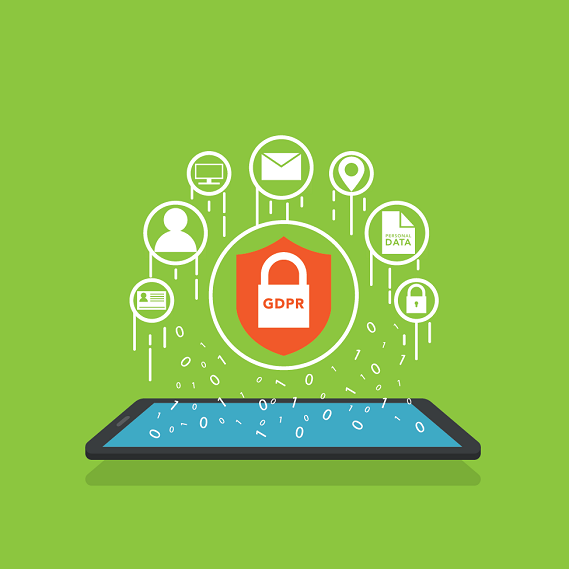Privacy and Security
This domain covers the concepts of privacy, identity management and cyber security.

Privacy and protection – two sides of the same coin
Privacy, data protection and security are intricately linked to rights, freedom and responsibility, and should be introduced to children from their very first steps on the internet. Users who are aware of the responsibilities and challenges are more able to detect and circumvent online risks and dangers, protect their data and digital identity, and maintain security measures that make their digital activities safe and sustainable for themselves and others. When online, everyone is entitled to safety and security, as well as respect for the ideas they share and fair treatment for the resources they create and disseminate. A right of access is inevitably accompanied by expectations and responsibilities, and schools and families have an essential role in preparing young people to shoulder these.
As technology progresses seamlessly into every corner of our daily life, privacy and protection are becoming inextricably entwined. Nowadays, internet security no longer only depends on how we, as digital citizens, manage our own security risks, but is also about making sure that our actions and behaviour do not put others at risk. Being a digital citizen therefore means learning how to protect access to our devices and handle with care anything that can threaten the privacy and security of ourselves or others. Educating children to be responsible stakeholders in the digital society and economy has to be a priority if the internet is to be an environment of trust, where fundamental human rights and civic mindedness prevail.
My privacy and yours

We live in an age of big data, where private information is a currency in its own right. Citizens everywhere, and not just children and young people, have to keep in mind in their online activities, especially in social media and when using search engines, that they may be the consumer, but they are also the product. Both commercial sites and non-commercial sites and platforms customise the content they feed us on the basis of a profile that has been built from the footprints we have left online. Even national elections and referendums have purportedly been shaped through profiling voters and using big data in unscrupulous ways.
Although in today’s world it is an almost impossible feat for citizens to maintain full power over their personal data, education can go a long way by fostering the relevant skills. Understanding the terms and conditions of information service providers, for example, and the purpose of cookies before consenting to them, are essential in digital citizenship. Citizens must also be able to decide when to provide or not provide data that is being requested, verify the purpose and end use of data collection, and make sure they know how collected information will be processed. They have to know how, when and where to accept that personal data is accessed, refuse its collection without informed consent, have it corrected, delisted or erased.
Citizens need to know how to contact service providers and seek recourse from the national Data Protection Authority, a judge (depending on national legislation) or an advocacy group when their rights are breached.
Privacy is not an option, and it shouldn’t be the price we accept for just getting on the Internet.
Gary Kovacs


